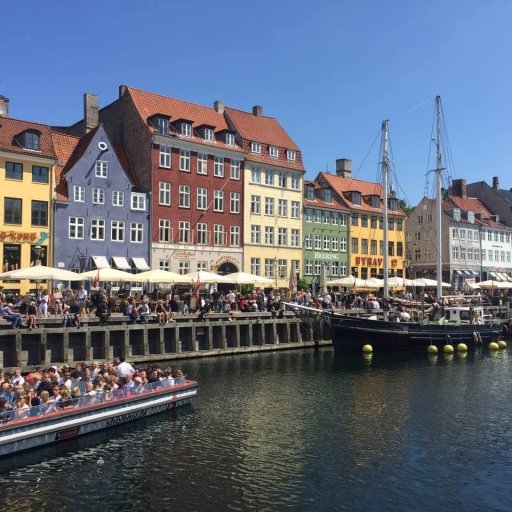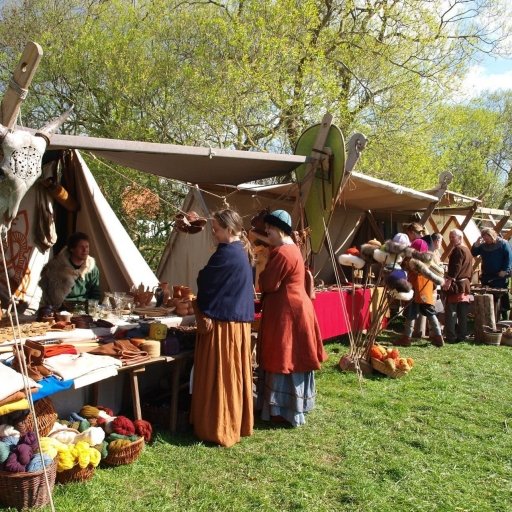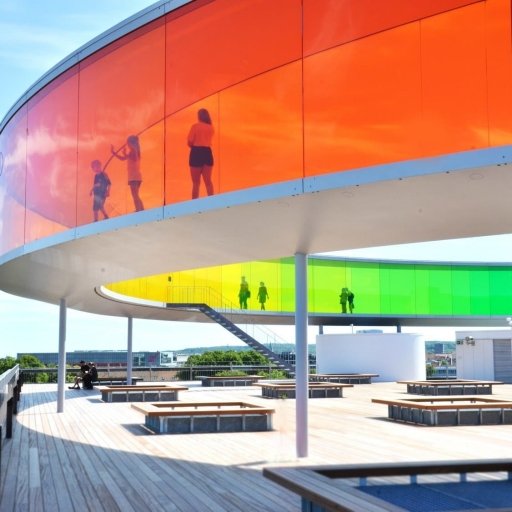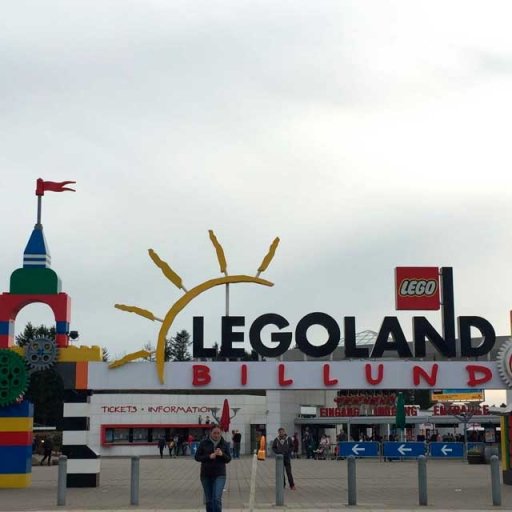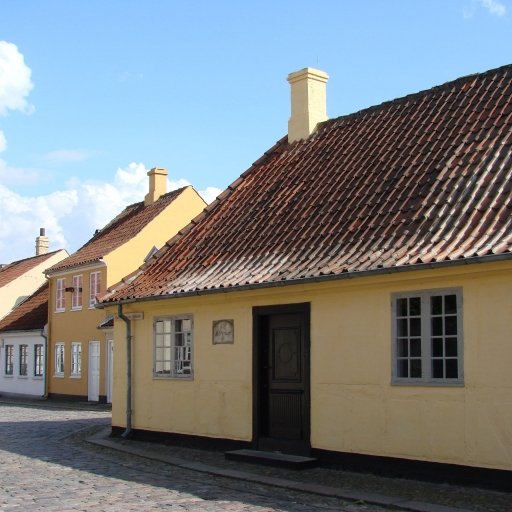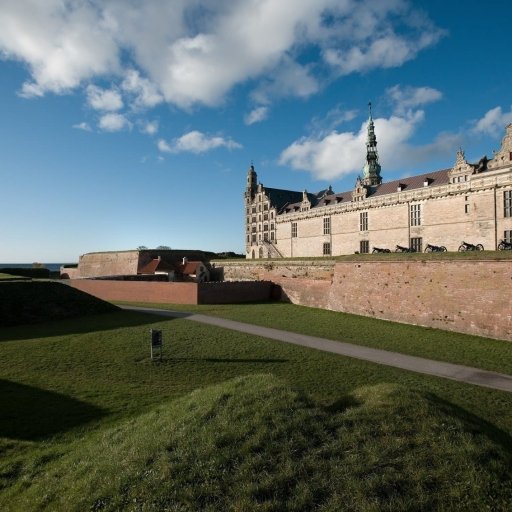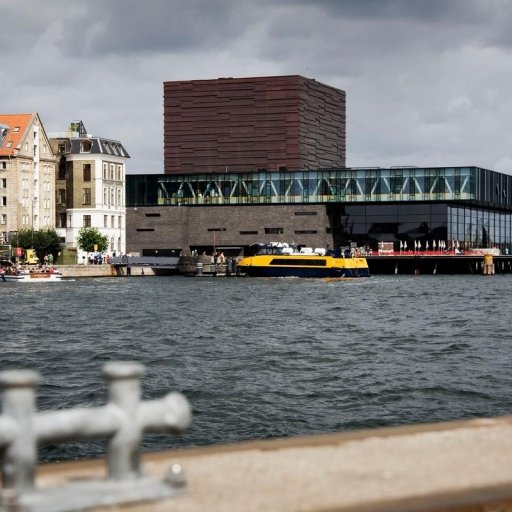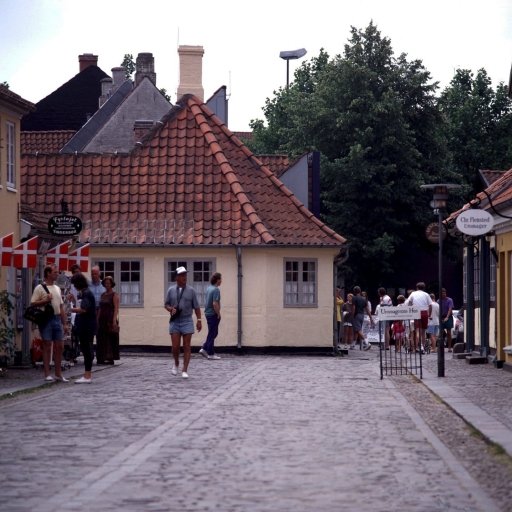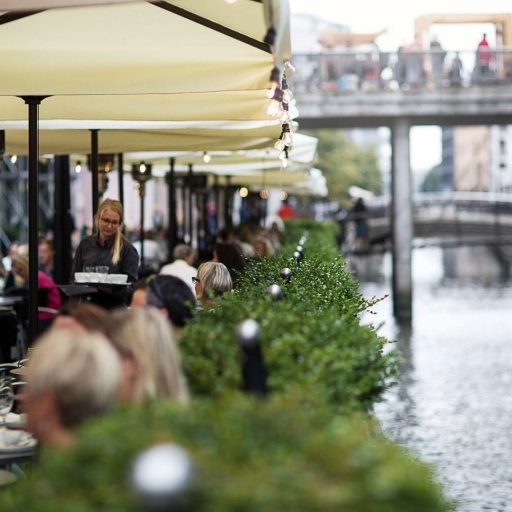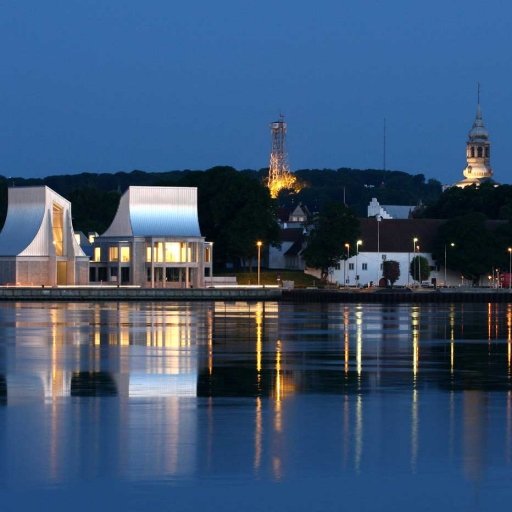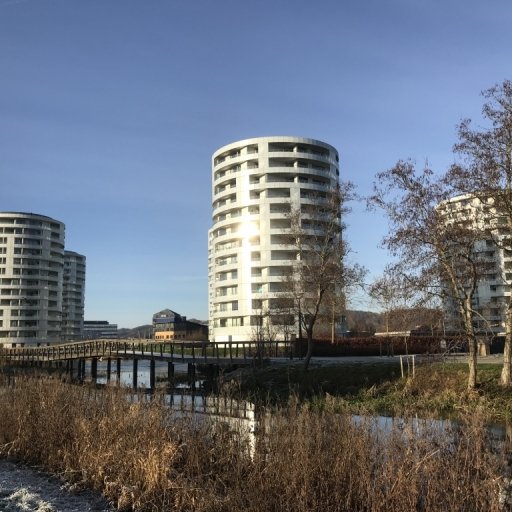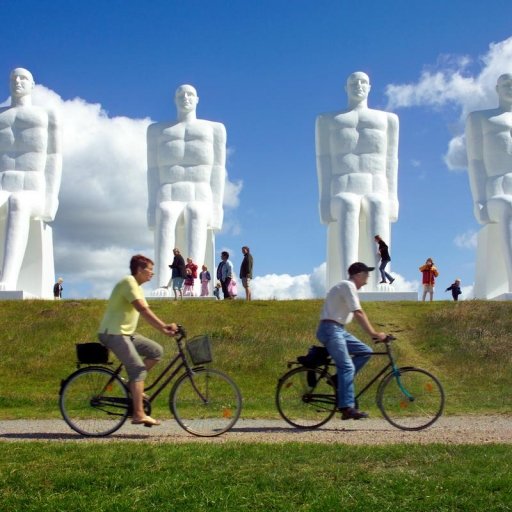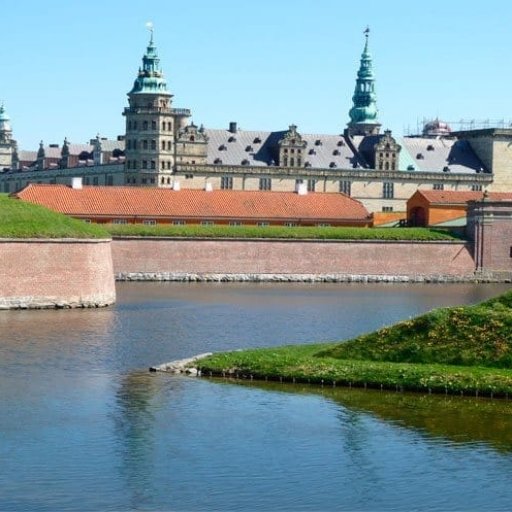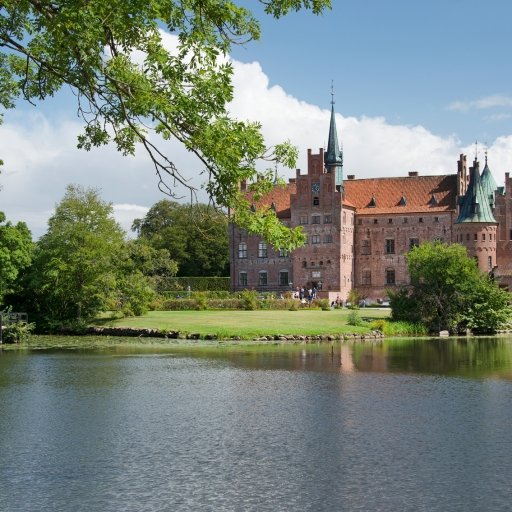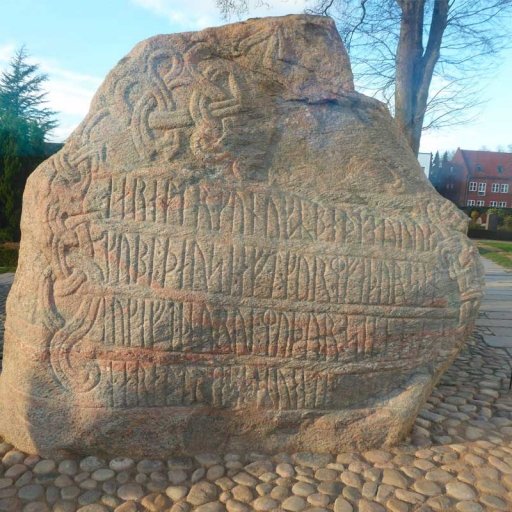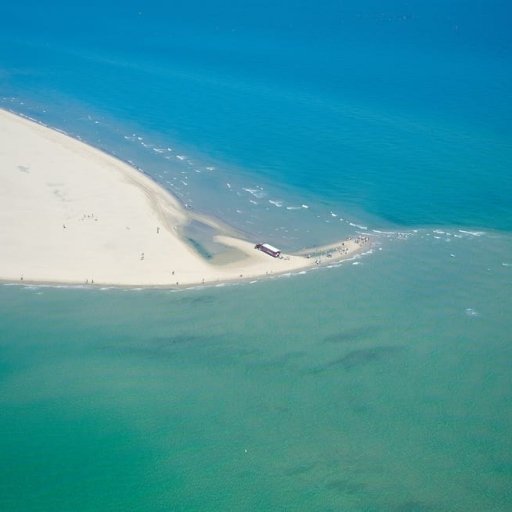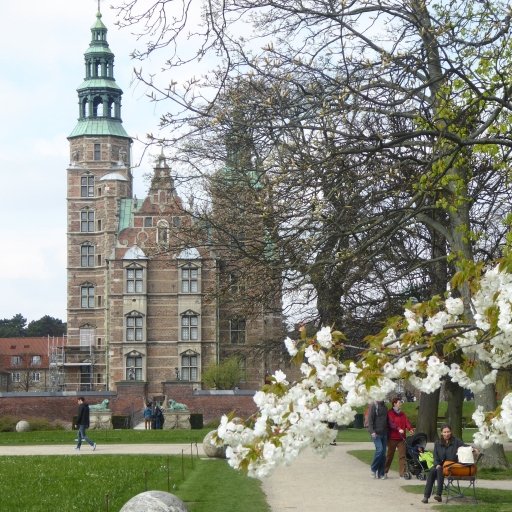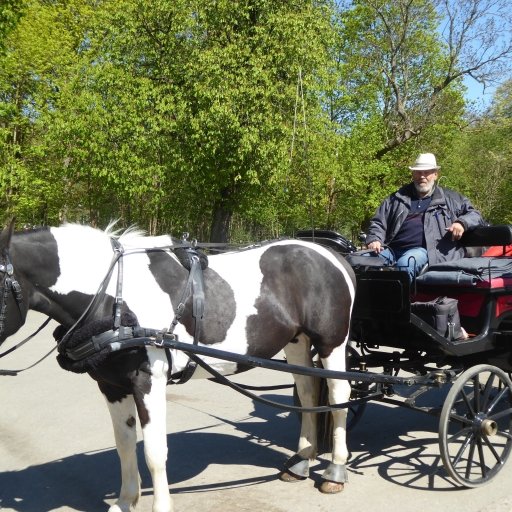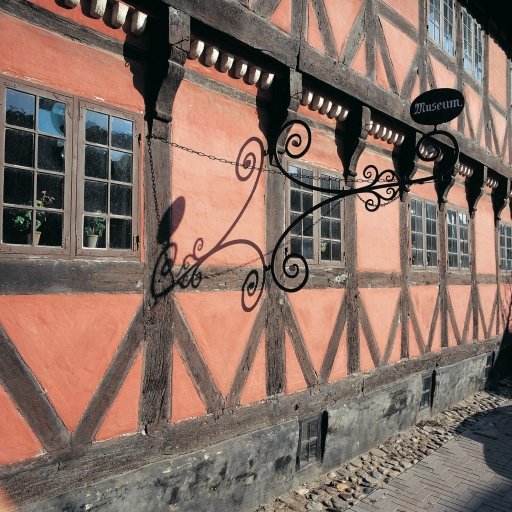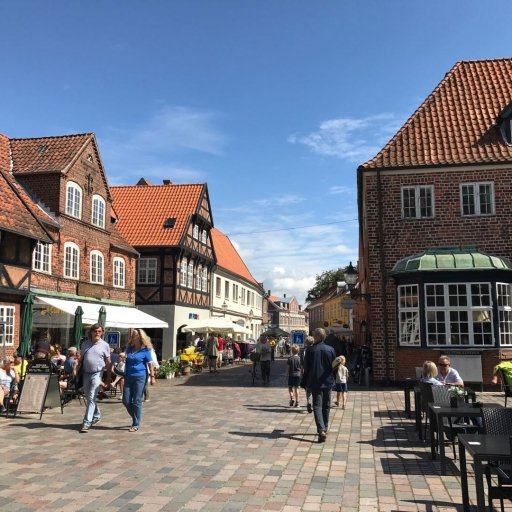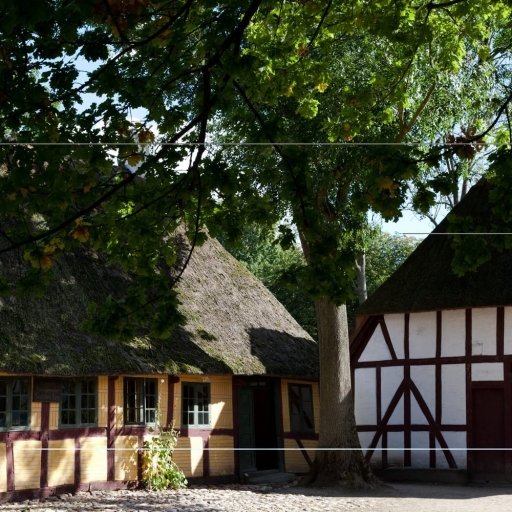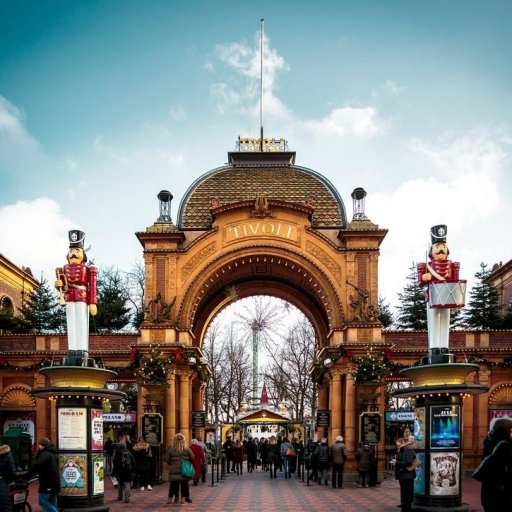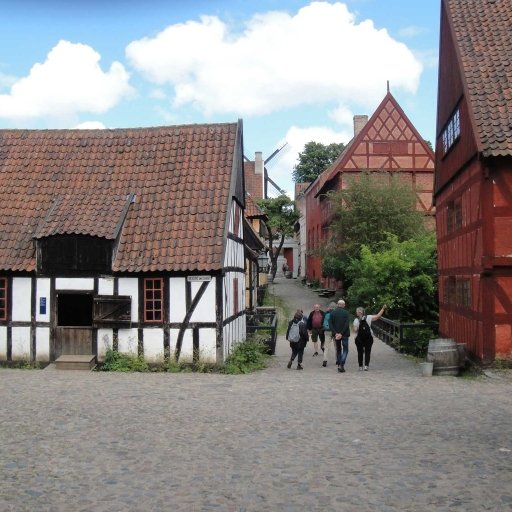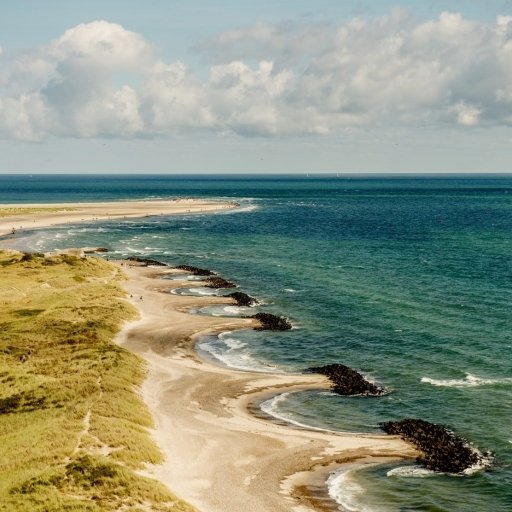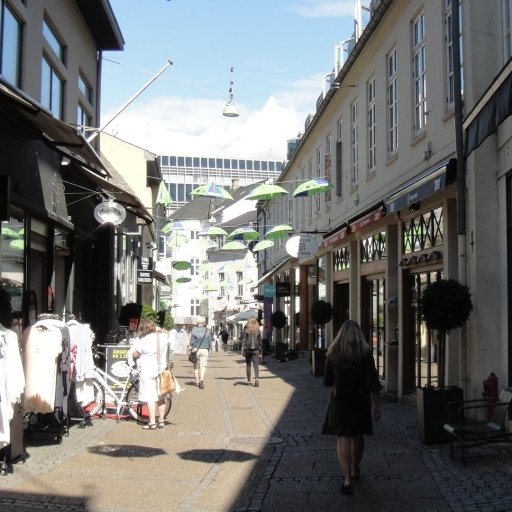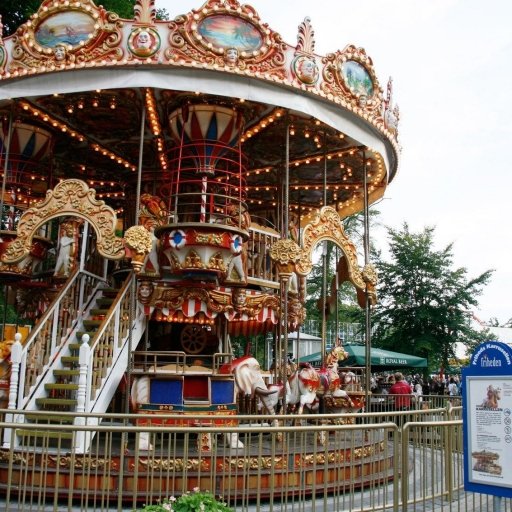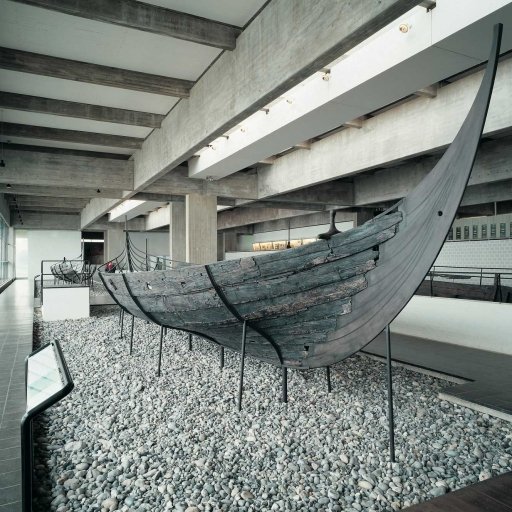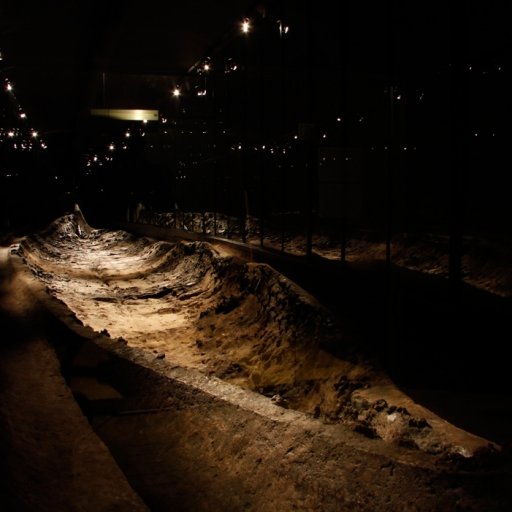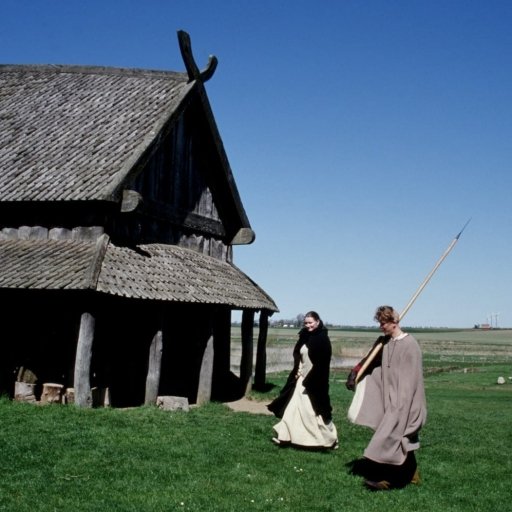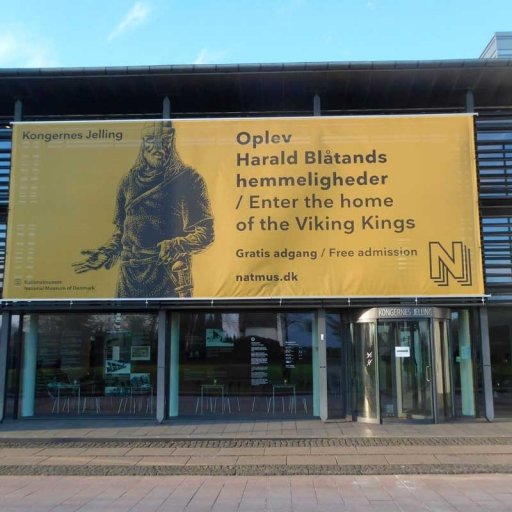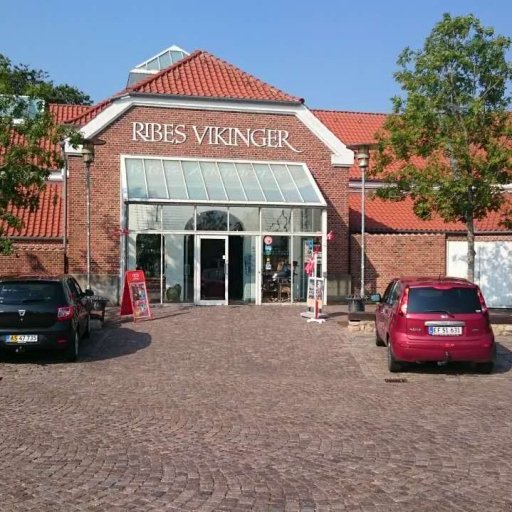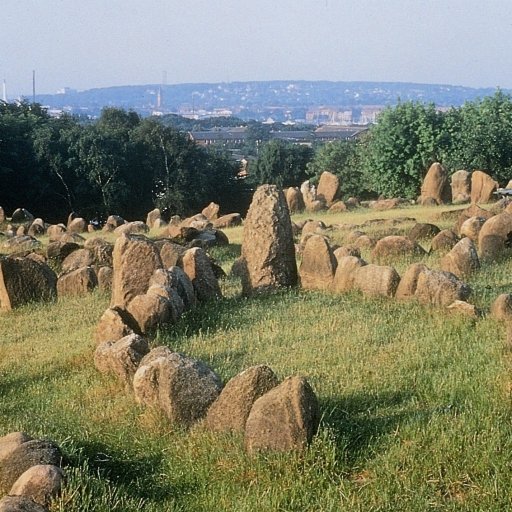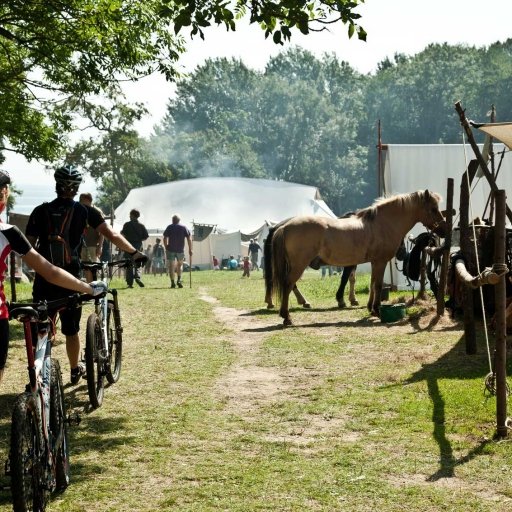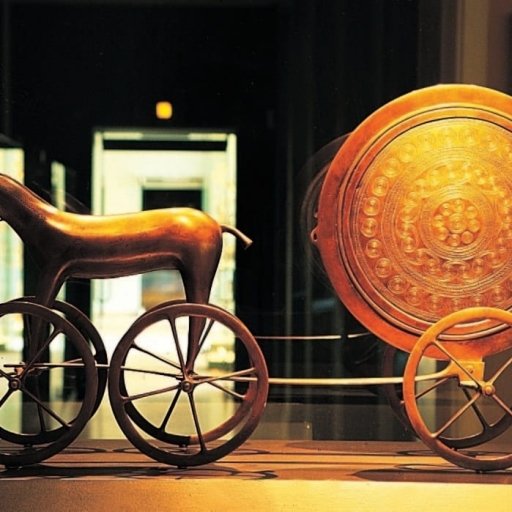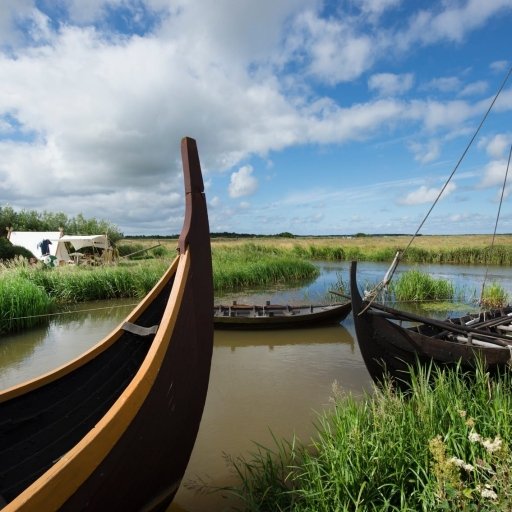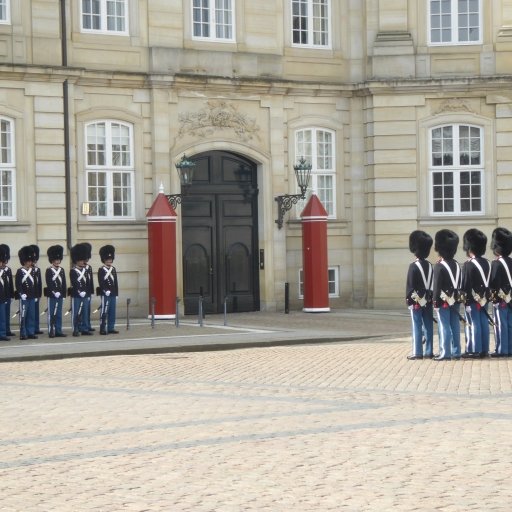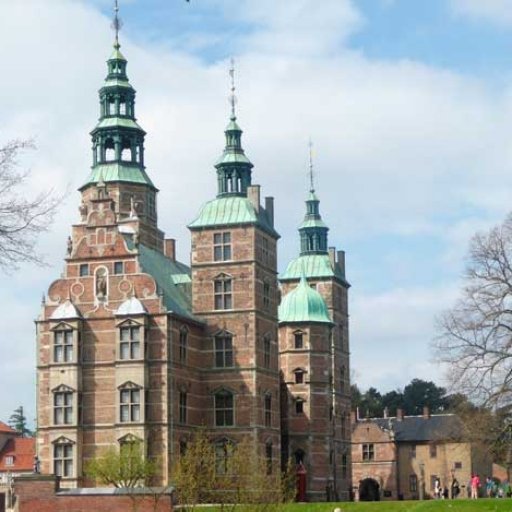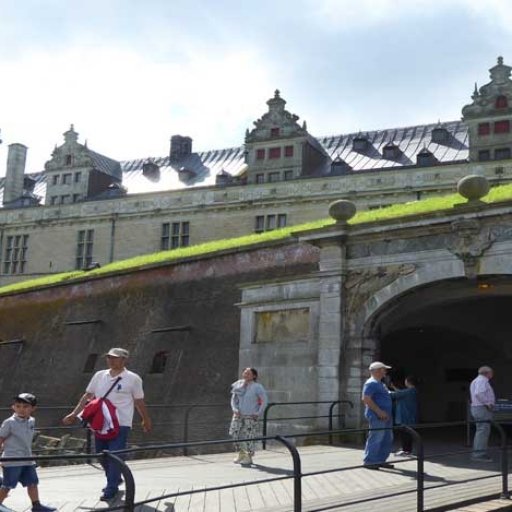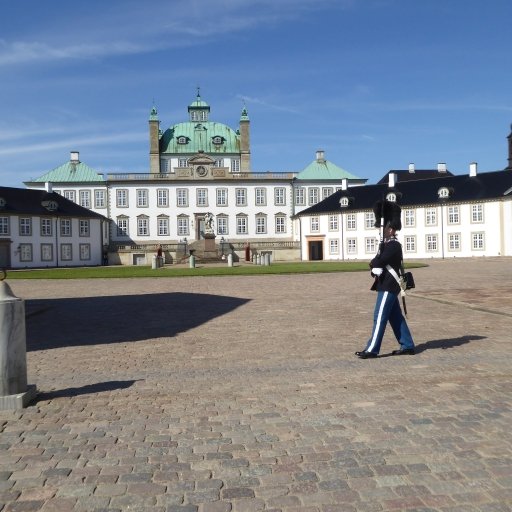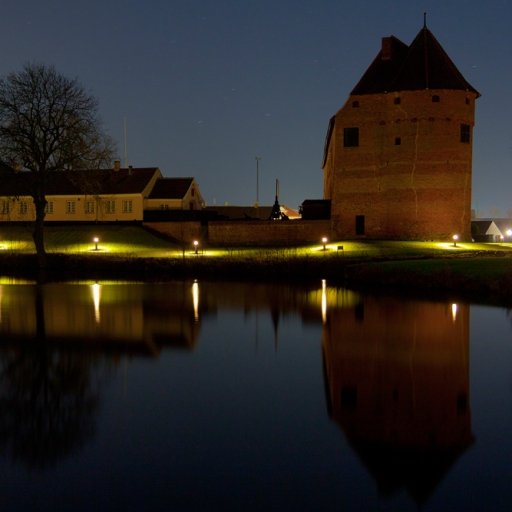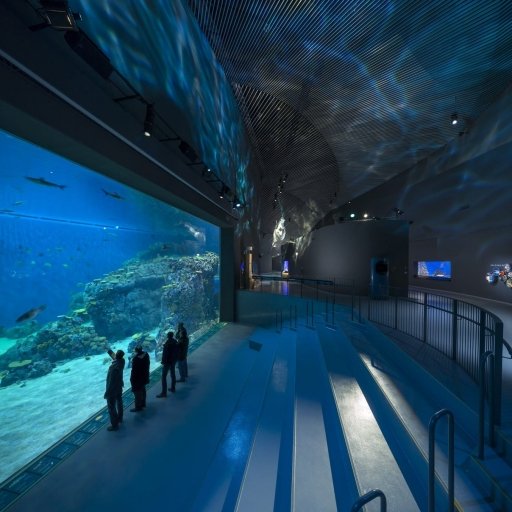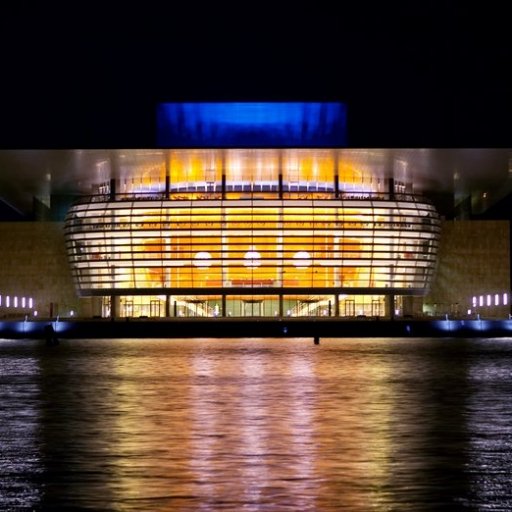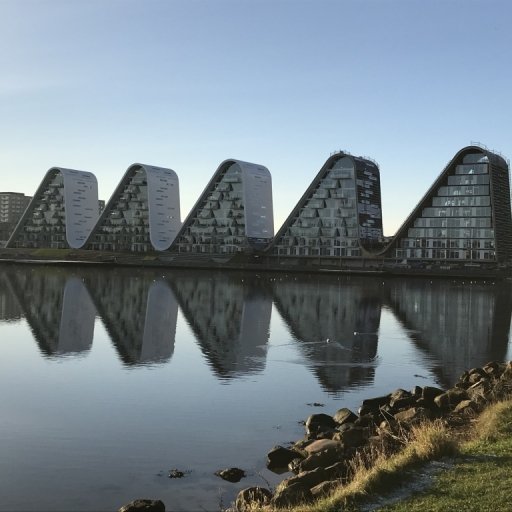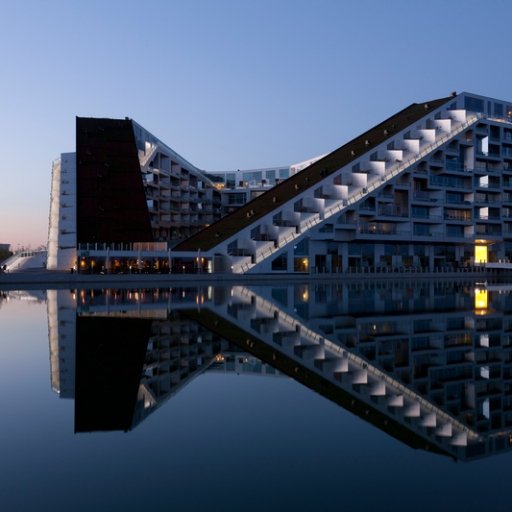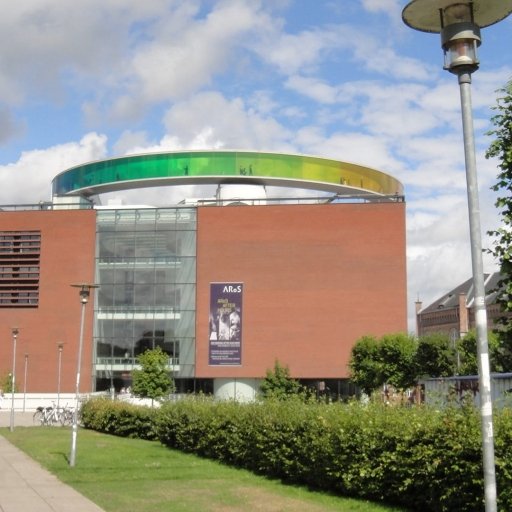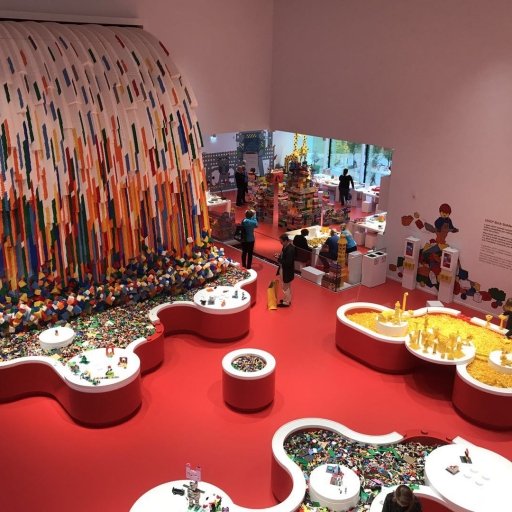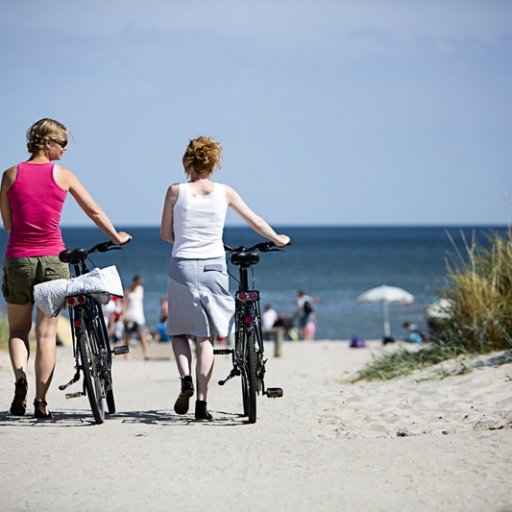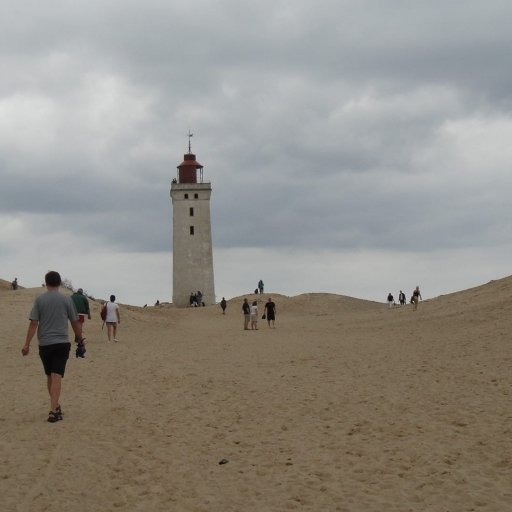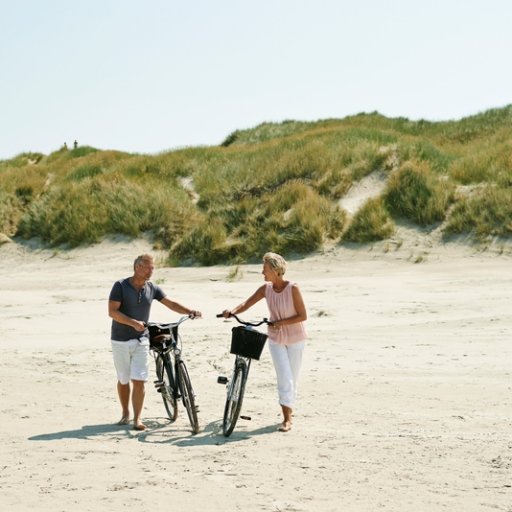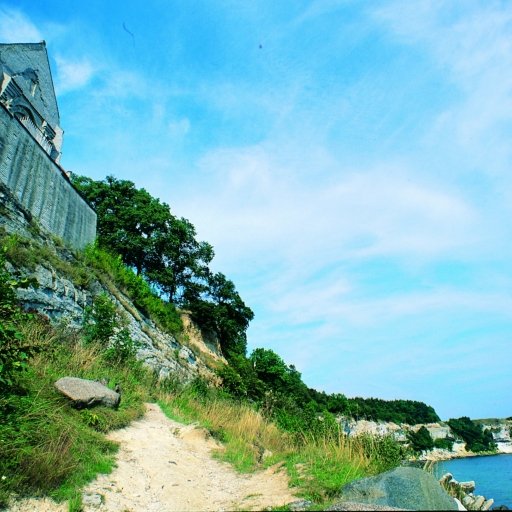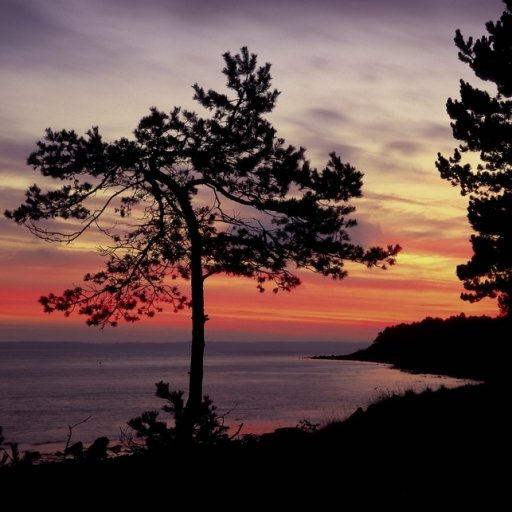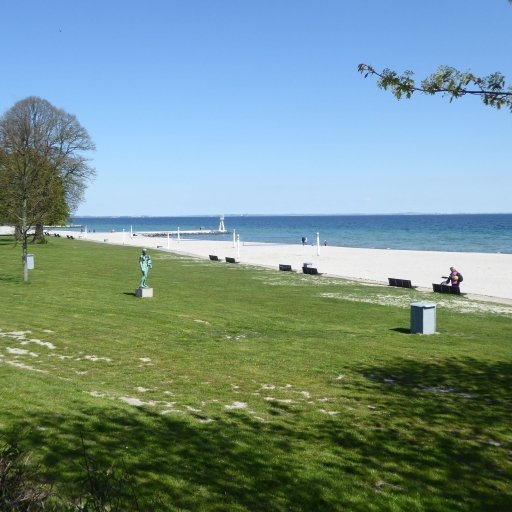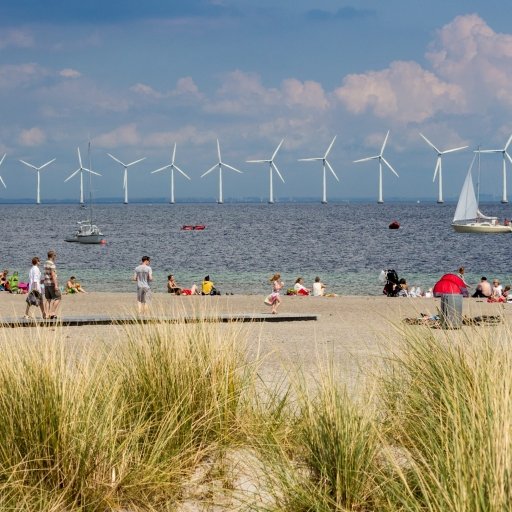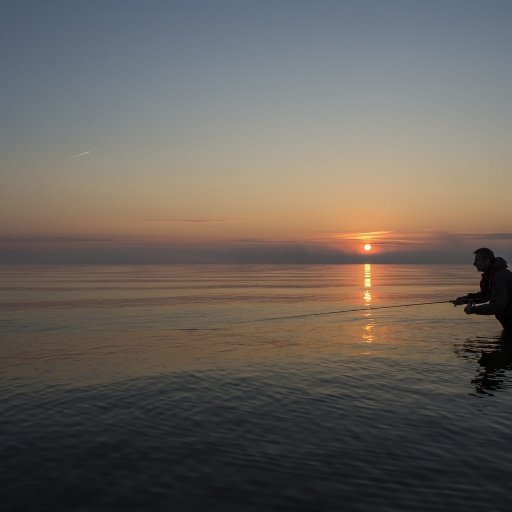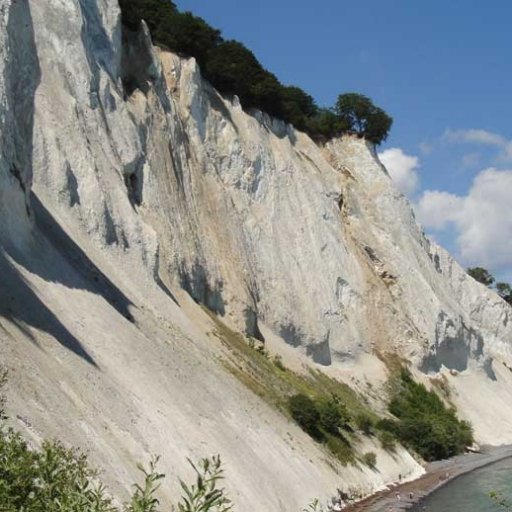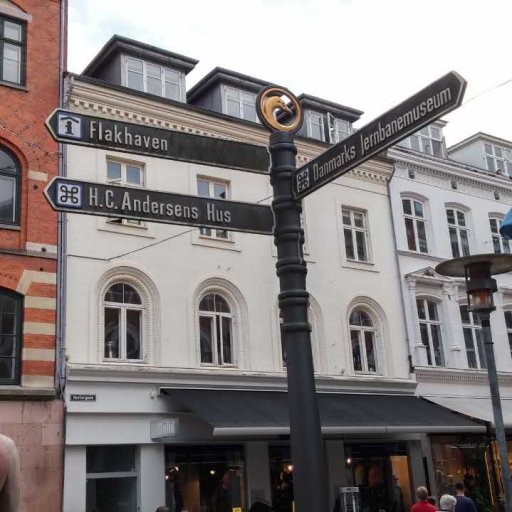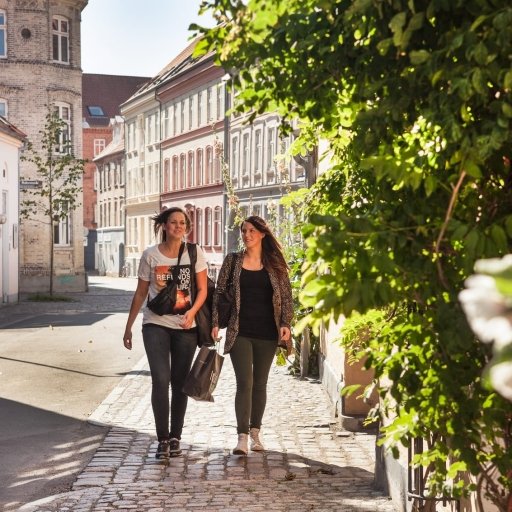Welcome to Denmark
Denmark has clean air, a beautiful landscape, and charming historical towns, and Denmark is bike-friendly and is lovely to visit if you like to see beautiful castles, amazing beaches and great restaurants.
Denmark has clean air, a beautiful landscape, charming historical towns, and is bike-friendly.
The Danes have a very ordered but happy lifestyle and are always in the top 3 in the world with one of the happiest populations.
So, don’t just go to Copenhagen but explore the coastlines, the small cities, and the beautiful national parks. There is much to see and do, and we recommend travelling beyond the capital.
This travel guide to Denmark can help you plan your trip and make the most of your time in Denmark.
See more
What is Denmark famous for
Denmark is most well-known for its Danish design, Nordic cuisine and Viking Unesco heritage sites.
Denmark's territory incorporates the Jutland Peninsula, and around 406 islands and 80 are inhabited.
Geographically, the country consists of the peninsula of Jutland, Funen and the islands of Zealand. The capital is Copenhagen in Zealand, which offers a fantastic array of museums, beautiful architecture and gourmet restaurants.
Denmark has a wide variety of attractions and destinations. Because the sea surrounds the country, there are plenty of wide-open sandy beaches. With a 7400 km coastline, almost the same as Brazil, you are never far from a beach in Denmark.'
Denmark consists of more than 400 picturesque islands and the peninsula of Jutland. On the island 'Of Zealand', you find the capital, Copenhagen, known for many historical attractions and the amusement park Tivoli. From Copenhagen, you can take the bridge to Malmø in Sweden.
Denmark has a beautiful, soft, harmonic landscape, enchanting islands and wide sandy beaches.
The country also has a great Viking history. It is renowned for its old castles and palaces, art museums, beautiful endless beaches and adventure parks for kids, as Legoland in Billund, the same town where the production of Lego bricks started in 1949.
Danish design and architecture
Danish design and architecture have been world-renowned for decades, and if you are interested in architecture, Denmark and Copenhagen are worth visiting. Danish design is clean lines, graceful shapes, and functionality. The Danish competencies in design have also allowed for big businesses such as iconic brands such as Bang & Olufsen, George Jensen and Royal Copenhagen.
Destinations in Denmark
Funen (Fyn) and the principal city here, Odense, is home to Hans Christian Andersen, who is renowned for his many fairytales. Still, Funen also offers sandy beaches and very cosy villages.
In Jutland (Jylland), the most significant cities are Aarhus
and Aalborg, which we recommend you visit when you are in Denmark.
Why visit Denmark
Denmark offers many Viking attractions and Royal castles and is one of the oldest kingdoms in the world. Some Vikings' sites are heritage centres such as "Kongernes Jelling".
Denmark is a green country with rolling farmlands – ideally suited for cycling and active holidays. For families with children, Denmark has world-class theme parks and family attractions with fun and learning for all the family, such as Djurs Sommerland and Fårup Sommerland.
See 12 reasons to visit Denmark
About Denmark
Denmark shares a border with Germany to the south with an 86-kilometre land border. Regarding language and culture, Denmark is more related to the Nordic countries as Sweden and Norway.
Denmark is the bridge between northern Europe and the Nordic countries like Norway and Sweden. The Danes are relatively liberal and progressive and are, in general, good at speaking English.
It is easy to get around in Denmark because Denmark has a well-developed transportation system. The road network connects all parts of the country; railways and air links provide fast transport, while ferries and many bridges connect the islands.
The politics of Denmark take place within the framework of representative parliamentary democracy, a constitutional monarchy and a decentralized unitary state in which the monarch of Denmark, Queen Margrethe ll, is head of state.
Denmark is a prosperous and thriving nation of 5.7 million people – and as an independent country since the late 10th century, it is also one of the oldest countries in Europe. Denmark's political system is a constitutional monarchy, allowing it to combine its nearly 1.000 years of history and tradition with all the features of a modern democratic state.
What is the meaning of "hygge"
The warm glow of candlelight is 'hygge'. For Danes, ' hygge' is sitting around a table, discussing life's big and small things with good friends or family. The word comes from another Nordic country, Norway - and here, it means 'well-being'. In essence, 'hygge' means creating a warm atmosphere and enjoying the good things in life with good people.
Famous companies from Denmark
Denmark is a developed and industrialized country with a market economy, and many of the largest companies are household names worldwide.
Perhaps you already know some of the other companies coming from Denmark:
- Carlsberg Beer
- Lego®
- Ecco
- Pandora
Denmark is renowned for its design, high quality, and innovative products.
See more: Danish brands and shopping
Nordic New Cuisine
Denmark is known for its beautiful design and architecture, but today, Denmark is equally famous for its food called Nordic New Cuisine and the world's best restaurant, Noma in Copenhagen.
Like the Danish design and architecture, the world-famous new Nordic cuisine is known for simplicity, elegance, and style. Denmark has some of the world's best restaurants with NOMA in front, but you can also find many other restaurants from the Michelin Guide in Denmark. But visiting some of the high-quality casual and traditional Danish restaurants is also worth visiting.
In general, Denmark is a culinary treat. Fresh Danish Baked goods and open-face sandwiches, locally called 'smørrebrød'. Denmark has some of the best gourmet restaurants in the world, with an impressive collection of more than twenty Michelin Stars restaurants.
Denmark is also famous for "Nordic Noir"
Nordic Noir refers to the crime fiction genre known as Scandinoir or Scandicrime. Best known in the rest of the world are the Killing, Borgen and the Bridge,
Denmark has a rich history of films and TV series that audiences love and have received many international awards.
In Denmark, you find many great architects, actors, musicians, ballet dancers, opera singers, and others who enrich Danish culture.
Denmark - a green nation
Denmark has a long tradition of ambitious energy and climate policies based on consensus in the Danish Parliament. The environment often played a role when they built a new building in Denmark. Denmark has introduced a clear vision of becoming independent of fossil fuels by 2050 as one of the first countries in the world.
Denmark is also one of the world's largest exporters of wind turbines, and the most famous company is Vestas.
Denmark is a biking country with more than 10,000 km of biking routes. More than 40 per cent of Copenhagens residents bike to work every day, and it is one of the best capitals in the world to discover by bike.
Danish lifestyle and traditions
Danes are the most satisfied and happy people in the world. The Danish people appreciate an addition to the daily work to have a high quality of life where there is time for family, friends and leisure activities.
Visit Denmark and take your time at a cosy café or restaurant, meet the Danes, get notice of the country's history by visiting the many attractions or visit the beautiful, clean, soft Danish nature.
Denmark is great for biking, and where ever you go, you meet people riding their bikes; for transport, fun or the sports of it. Denmark is one of the countries where bikes are the most widely used.
It also means that facilities for biking are good in Denmark, making it more convenient and safe than many other places in the world.
Most Danes have excellent language skills and speak more languages. They are taught English in elementary school, and it is easy for the Danes to deal with other countries, travel or work, and may explore the world as tourists.
The weather in Denmark
Despite the country's northern position, Denmark's weather is not extreme. Denmark is in the temperate climate zone, and the country has mild weather due to west winds and the seas that surround Denmark.
January is the coldest month and August's warmest month, although the warmest summer nights are in July. Average daytime temperatures range from 2°C (35.6°F) in January to 20°C (68°F) in August. Rainy days are likely all year round, while snowfall only happens occasionally during winter.
Rainy days are likely all year round, while snowfall only happens occasionally during winter.
Because of Denmark's northern location in Europe, daylight hours vary significantly. During winter, sunrise is about 8 am and sunset is at 3:30 pm, whereas a summer day starts at 3:30 am, and sunset is as late as 10 pm.
Greenland and the Faroe Islands
Greenland and the Faroe Islands belong to the Kingdom of Denmark
The Faroe Islands and Greenland in the North Atlantic have autonomous self-rule but belong to the Kingdom of Denmark.
The Faroe Islands' Home Rule is from 1948, and Greenland's home rule was made in 1979. In 2005, a new self-government arrangement came into force in the Faroe Islands, and in 2009 a self-government arrangement for Greenland replaced the Greenland Home Rule Arrangement.
Summer music events and festivals
The biggest festival in the Nordic countries and perhaps the most famous worldwide is the Roskilde rock festival in the city of Roskilde, 30 km from Copenhagen. The most beautiful festival in Denmark is the Smukfest in Skanderborg, nearby Aarhus.
The Jazz Festival is one of the most significant music events in Copenhagen. In Aarhus, it is the Northside Festival, and outside the big cities, we can recommend the Tønder folk music festival or the Riverboat Jazz Festival in Silkeborg.
See here for information about more festivals and events in Denmark.
More facts about Denmark
Denmark's political system is a constitutional monarchy, allowing it to combine its nearly 1.000 years of history and tradition with all the features of a modern democratic state.
Greenland and the Faroe Islands are parts of the kingdom of Denmark, but both Greenland and the Faroe Islands enjoy extended self-rule.
Denmark's coastline is 7,314 km. It corresponds to almost one and a half metres of coast per inhabitant. The official language is Danish, and the currency is the Danish Kroner.
Denmark includes several islands, such as Zealand (Sjælland), Funen (Fyn), Bornholm and Jutland. The terrain is low and flat to gently rolling plains.
Today, Denmark is a modern, prosperous nation. The country has a market economy, and the Danes enjoy a high standard of living. They have a good welfare system and are members of the European Union (EU) and the Schengen agreement.
The country has a high-tech agricultural sector and world-leading companies in pharmaceuticals, maritime shipping and renewable energy.
Administratively, the country is divided into five regions, and 98 local authorities, called 'kommuner. Denmark is an urbanized country, with around 85 per cent of the population living in cities. Copenhagen is the capital, and the region has approximately 625.000 inhabitants. Aarhus is the second-largest, with 338.000 inhabitants.
In Denmark, 64 per cent is under cultivation, and deciduous or coniferous forests cover 12 per cent.
Facts about Denmark
-
Health care is free
-
Education is also free
-
Denmark is the longest-uninterrupted monarchy in Europe
-
Denmark is the world's leading producer of windmills
-
Some of the best restaurants in the world are in Denmark as
-
Significant Languages Danish, Faroese, Greenlandic, German; note: English is the predominant second language Religions Evangelical Lutheran 74.7%, Muslim 5.5%, other/none/unspecified 19.8%
-
Time Difference UTC+1 (6 hours ahead of Washington, DC, during Standard Time)
-
Daylight saving time (summertime) +1hr begins last Sunday in March and ends last Sunday in October
-
Potable Water Yes
-
International Driving Permit Suggested Road Driving Side Right
-
Electricity/Voltage/Plug Type(s) 230 V / 50 Hz /
-
Plug type(s): C, E, F, K
-
Telephone Code: 0045
